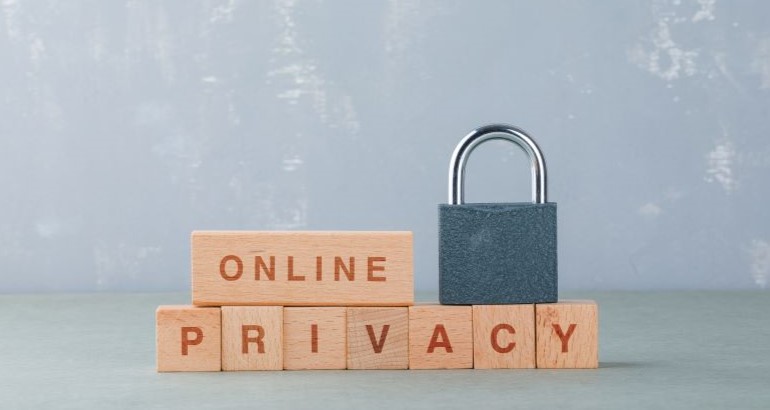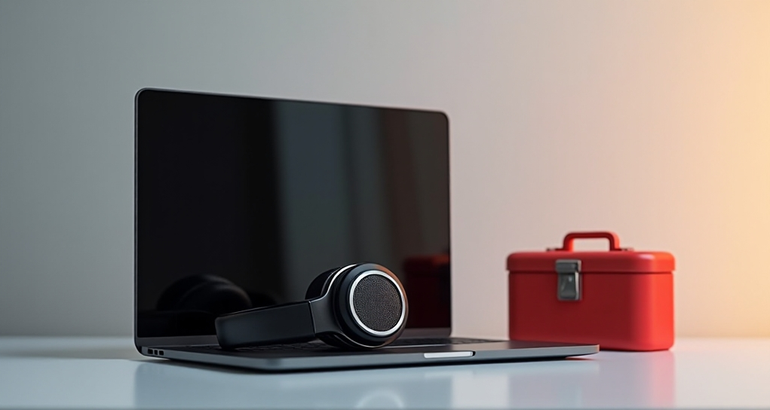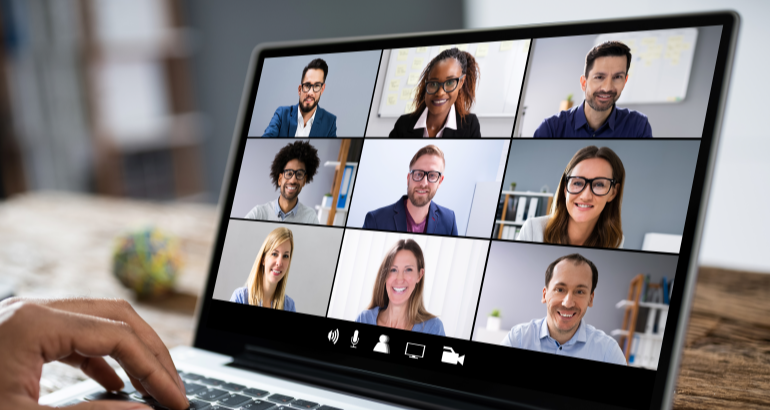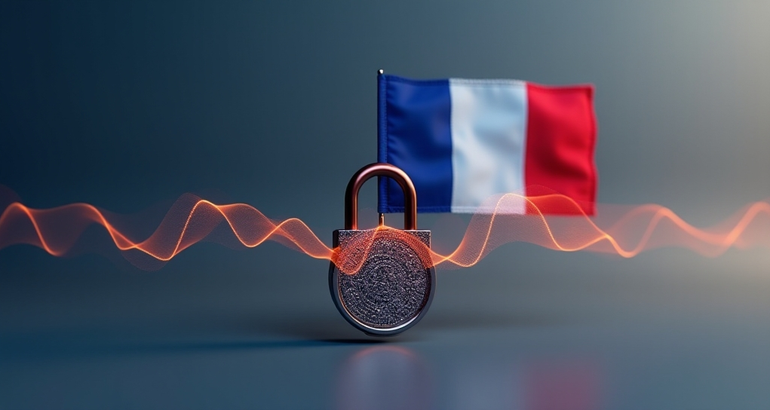Quick Guide: How to Protect Your Privacy Online

- Privacy
- Tips





Overview
Your privacy is very important! In online life, there are not only advertisers who hope to push personalized ads to you, but also hackers who hope to gain benefits by obtaining your private information. It may even directly cause your property loss. Therefore, it is of paramount importance to ensure your privacy and security. So, what should we pay attention to?
Contents
Embrace HTTPS and say NO to HTTP
Self-review of your published content
Manage your device permissions
Cookie
When you first browse a website, the website may ask you to get your cookie. A cookie is the data that records your actions on the website . When you browse the website again, it will read the cache file first, and then make corresponding settings according to your personal habits. For example, it may display the browsing record of your video. It is worth noting that cache files usually do not contain personal information. You can freely choose whether to allow websites to cache files.
Embrace HTTPS and say NO to HTTP
HTTPS is an HTTP channel with security as its goal. In short, HTTPS is a secure version of HTTP . The HTTP protocol will not encrypt the transmitted data, which is detrimental to the transmission of private data. In order to ensure the security of these private data, the SSL (Secure Sockets Layer) protocol was born. It was used to encrypt the data transmitted by the HTTP protocol, thus HTTPS came into being. When we browse web pages, especially those that need to enter personal information, please make sure that the website supports HTTPS.
Use traceless or private mode
Your browser can usually enable a mode called traceless or private browsing. It is usually turned off by default. In this mode, the browser will not record your content , and the website will not recognize you temporarily, but the ISP can still get the content you browse online.
Check your privacy settings
Social media can usually be set by yourself for the privacy of your account. For example, whether the content is visible, and whether the likes list and follow list are visible. Make sure you have set it up correctly.
Self-review of your published content
Before you publish the content, please confirm whether the content has disclosed your own private information and whether this information will be used in a way you don't like.
Read privacy terms
Privacy terms are often lengthy, and few people are willing to view all of them. This can be understood, but should not be approved. Careful reading of the privacy clause can effectively prevent private data from being used for other purposes.
Manage your device permissions
As the most frequently used smart device at present, the software in smart phones always asks us for various permissions, including location permissions, camera permissions, and access to read files. On the one hand, it can really improve your use experience, on the other hand, it also greatly increases the risk of privacy information disclosure . At present, Android and iOS, the two major smartphone operating systems, are committed to limiting the excessive access rights of software. Android even provides false permissions for applications to prevent software from working without permission. Please ensure that relevant permissions can be obtained only when the software is working , so as to prevent the program from continuously calling permissions in the background.
Update the operating system
Updating the operating system of the device is usually annoying. It always interrupts work and is even considered to reduce the performance of the device. However, we still recommend that you always use the automatic update device function. The system update is not only to provide new features, but also to solve the previously exposed security problems , keep your equipment in the latest state, and effectively protect security.
Avoid using public WI-FI
Public WI-FI, especially free WI-FI, is usually very attractive, but also very dangerous. Public WI-FI means more connections. Hackers also prefer to attack through public WI-FI, and even build a WI-FI to attract people to connect for the purpose. So avoid using public WI-FI as much as possible. If you must use it, you can consider using it after connecting to VPN. VPN can effectively protect it.
Secure password
Please set a complex and secure password for your account. If you have multiple accounts, please set different passwords for each account as much as possible. Password is still one of the most effective means of protection at present. But forgetting and resetting passwords is also painful. However, you can save your password safely and reliably through password management software.
Use VPN
VPN is a virtual private network. It allows the network to redirect your IP address through a specially configured remote server (run by the VPN host), thus hiding it. And encrypt all your traffic data. Even if someone intercepts your traffic information, you can only get a pile of useless data. So it is a safe behavior to conduct network activities through VPN.
But not all VPNs can achieve effective protection. Free VPN does not necessarily guarantee the security of your network activities, and may even be sold by VPN service providers. So it is very important to choose a reliable VPN service provider. Here is a reliable, safe and anonymous MetroVPN for you to start your safe online life.






